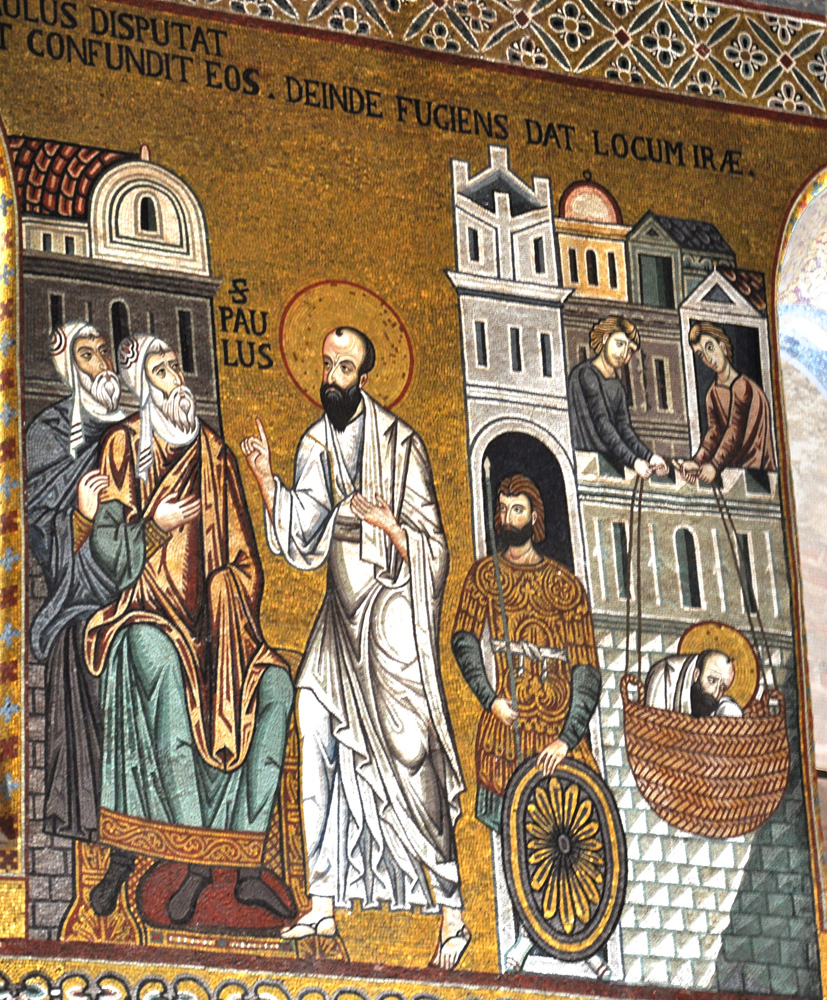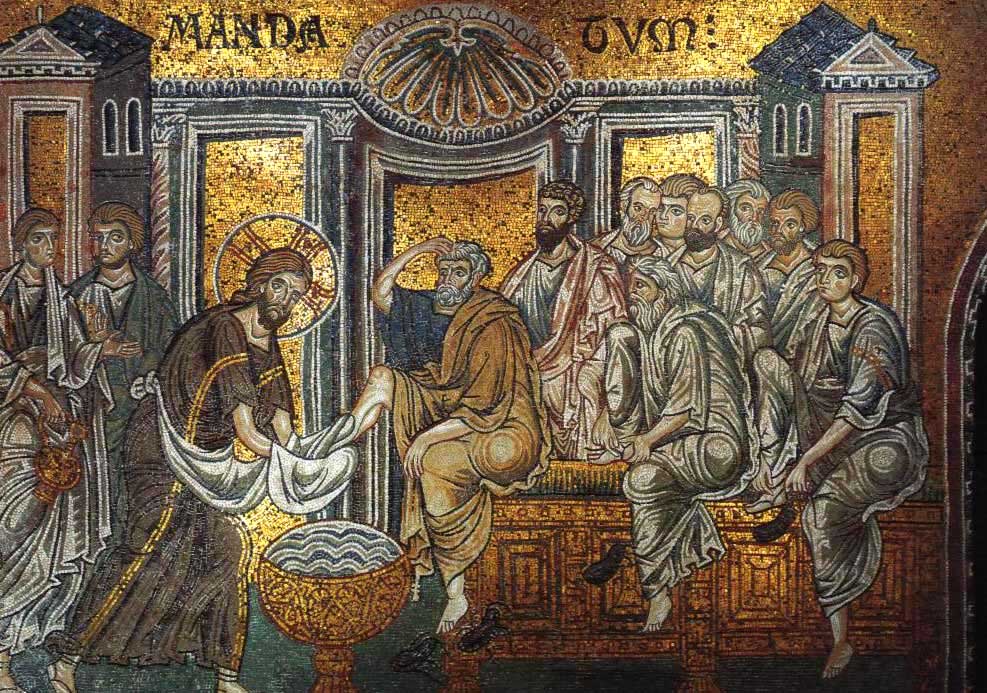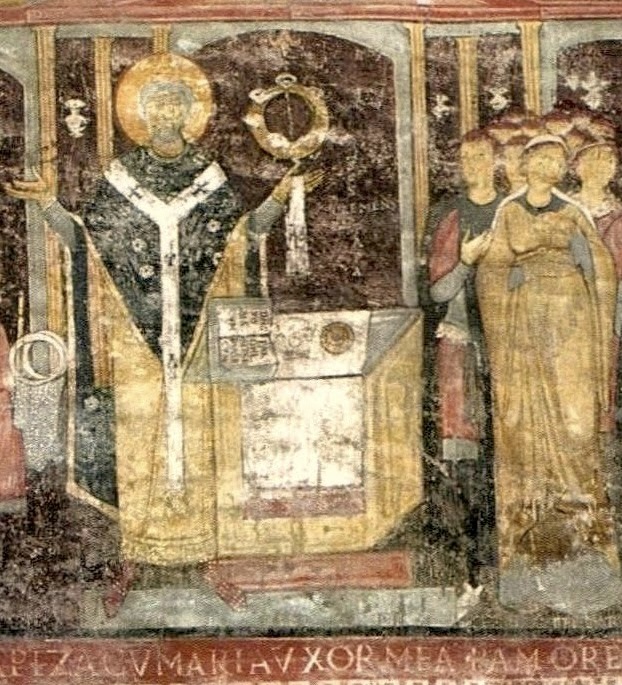
I myself, Paul, appeal to you by the meekness and gentleness of Christ–I who admittedly am humble when face to face among you but, when absent, bold to you…. I do not want to seem as if I were frightening you with letters. For someone says, ‘His letters are weighty and strong, indeed, but his bodily presence is weak and his speech amounts to nothing.’ Let this person realize that we will be the same person in action when we are present there with you as we are in letters when we are absent. (2 Cor. 10:1, 9-11)
Paul’s enemies in Corinth accused him of writing harsh, demanding letters that were full of fire and arrogance but that when he was actually present among them, his attitude was completely different. His enemies said that, in person, he was a weak and sniveling coward who could only beg them to do what his letters demanded they do in his absence.
Early Christian records indicate that St. Paul was not physically impressive. Early records suggest that St. Paul was short and bald and that his voice was high-pitched, difficult to listen to for very long. His face might have been ruddy and flushed. In traditional icons, St. Paul is generally depicted as a bald man with a large forehead holding a book (his letters in the New Testament) and a sword (because he was beheaded). We know that he was longwinded because he preached long past midnight and a young man (Eutychus), sitting on a windowsill, fell asleep and then fell out the window and broke his neck; Paul was able to raise him from the dead but that doesn’t stop us from realizing that the apostle liked to talk and talk and talk and talk (Acts 20:7-12).
(Some contemporary records indicate that St. John Chrysostom, another famous preacher, also had a high-pitched, whiney voice that was difficult to hear or listen to. That might be one reason that St. John moved the place the bishop preached from in Constantinople closer to the people: so that they could hear him more easily.)
Whether St. Paul was tall and handsome or short and difficult to listen to, his words were inspired and inspiring. He must have had a significant impact when he preached in person or we would not have the records of the many parishes he founded in his missionary journeys. But is it interesting to know more about him personally and how God could use him to accomplish his divine purposes.
Even if we think we are not impressive or important, God can still use us as well. Maybe we aren’t good speakers but we can pray for people. We can invite them to church or church events with us. Maybe we are good at writing on Facebook and sharing our theological musings. We must never “sell ourselves short” because God certainly doesn’t.
Even if we aren’t very tall. 😉


